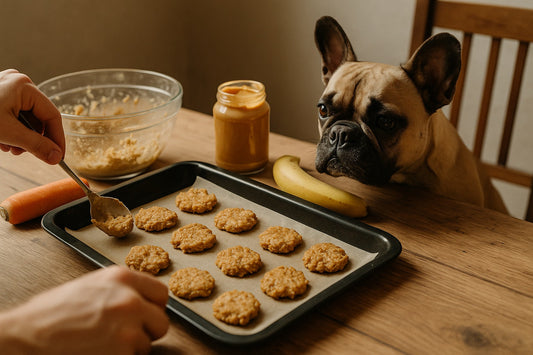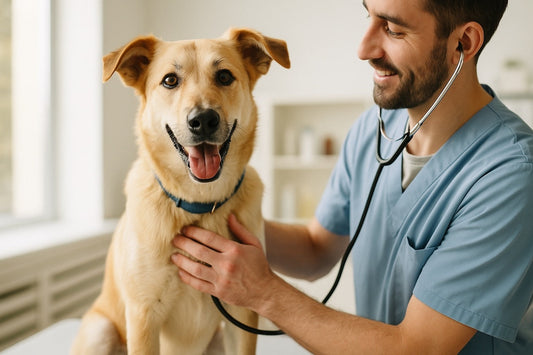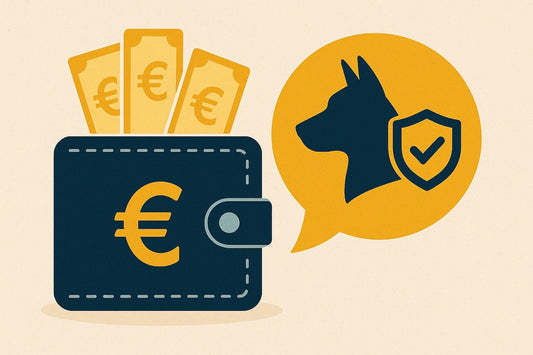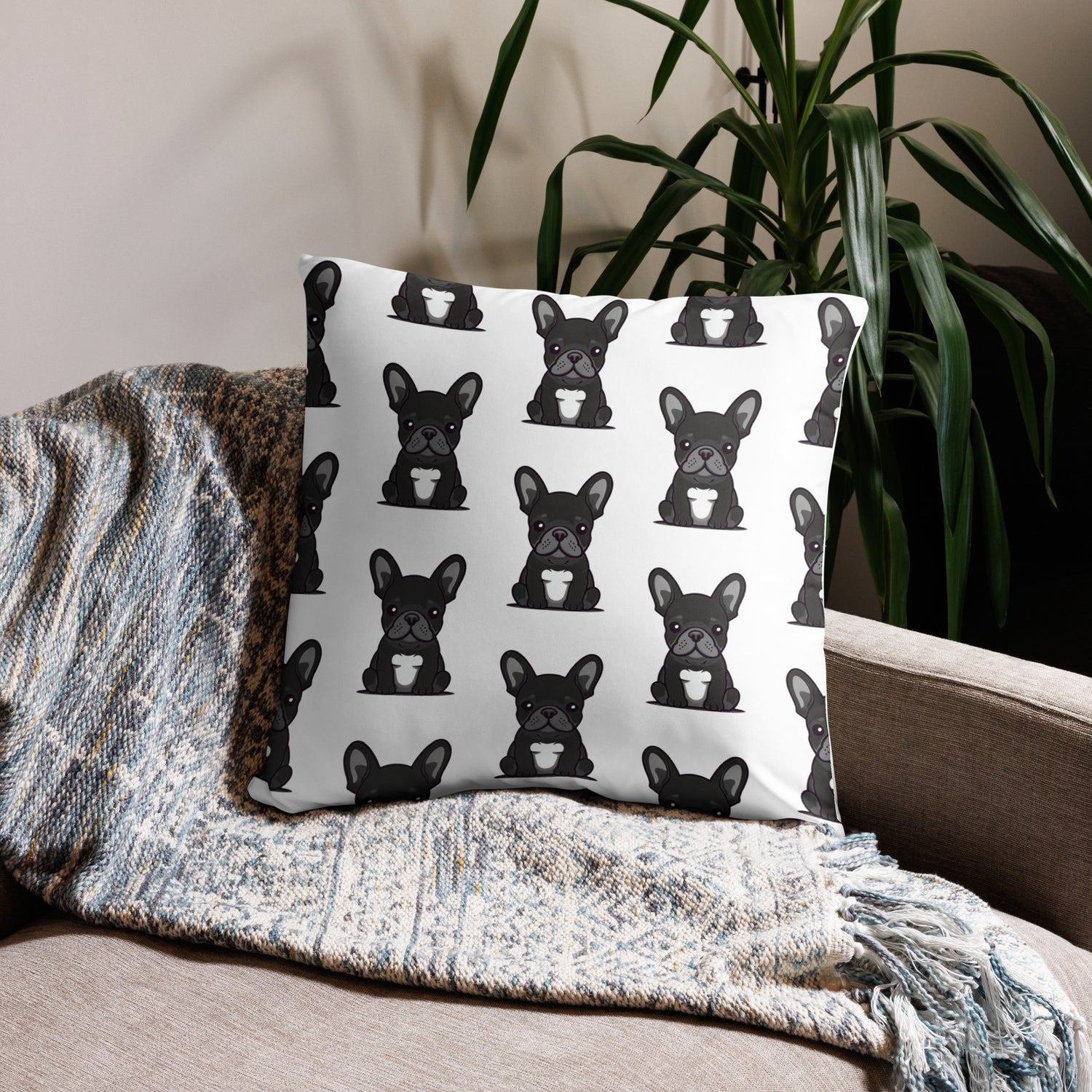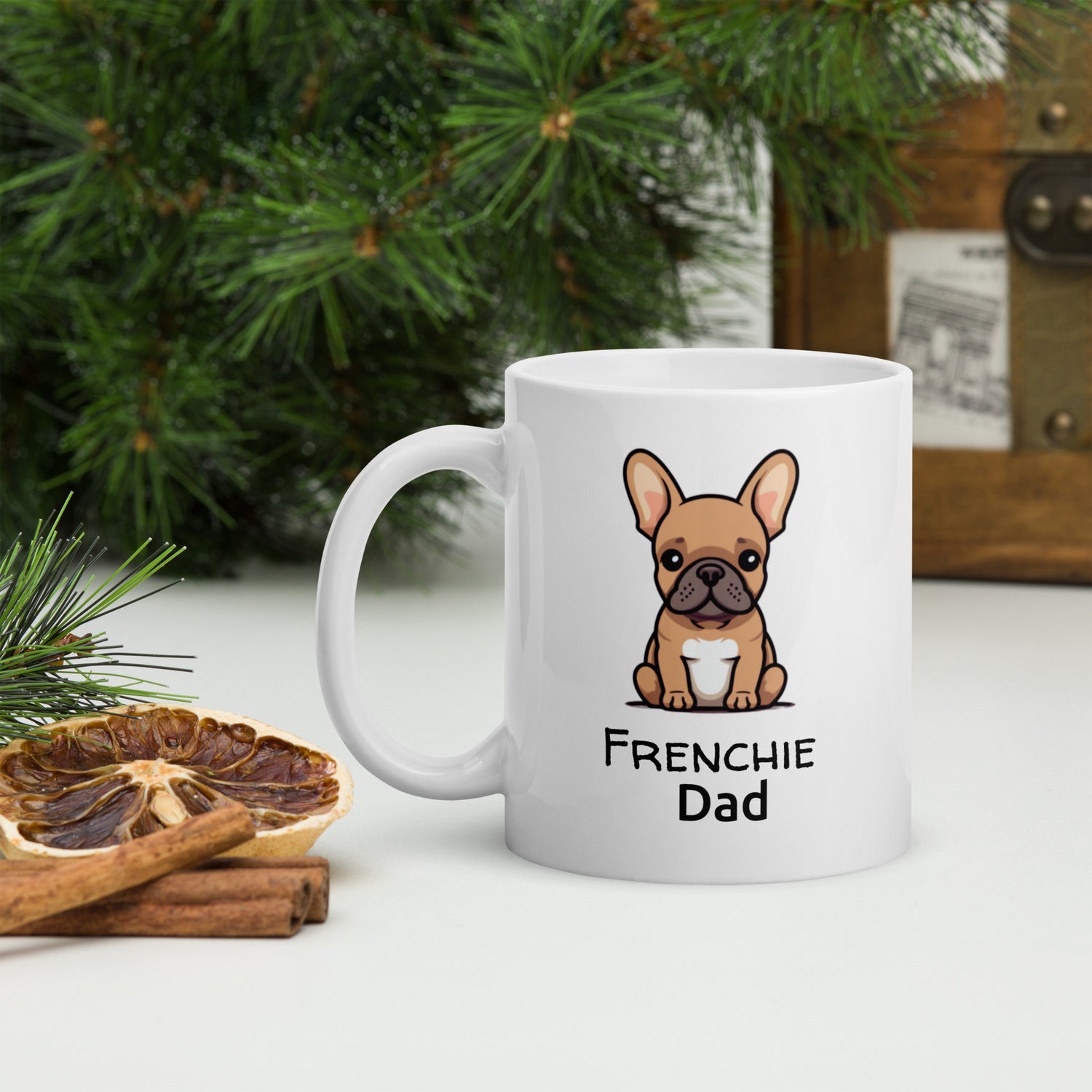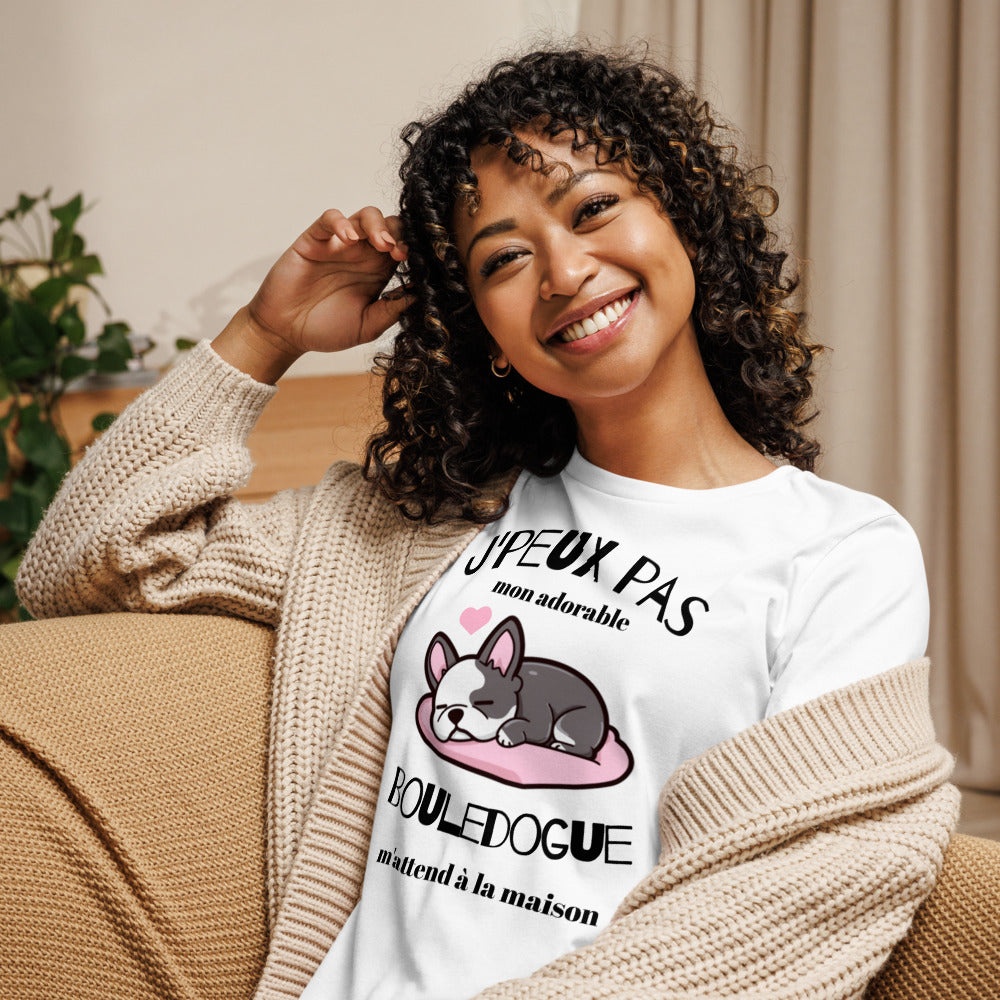Have you noticed that your four-legged friend is drooling more than usual? As a French bulldog owner, I have often been confronted with this situation. Hypersalivation in our canine friends can be worrying, but it is essential to understand its origins in order to take effective action. Let's explore together the causes of this phenomenon and the solutions to remedy it.
Why is my dog drooling excessively?
Hypersalivation, also called ptyalism, can have various causes. It is essential to distinguish between normal salivation and excessive saliva production. Here are the main reasons that can explain why your dog is drooling a lot :
Normal physiological causes :
- Excitement or stress
- Anticipation of food (Pavlov reflex)
- Characteristic of certain breeds
As a French Bulldog owner, I have noticed that these little companions tend to drool more than other breeds. This is due to their brachycephalic morphology and their drooping lips. Other breeds such as Saint Bernards or Bordeaux Mastiffs are also known for their tendency to hypersalivation.
Pathological causes :
- Oral problems (tartar, abscesses, ulcers)
- Intoxications or poisonings
- Nausea and vomiting
- Obstruction of the esophagus
- Digestive diseases (gastritis, pancreatitis)
- Heat stroke
- Insect bites or snake bites
- Neurological diseases
It is essential to remain vigilant against these potential causes, as some may require rapid veterinary intervention.
Dog drooling: when should you worry?
Excessive salivation can sometimes be a sign of a more serious health problem. Here are some worrisome signs to look out for in a dog that is drooling a lot :
- Persistent salivation for more than a few hours
- Fever, lethargy, loss of appetite
- Difficulty swallowing
- Swollen or painful stomach
- Vomiting, diarrhea
- Abnormal behavior
If you notice any of these symptoms in addition to hypersalivation, it is recommended to consult a veterinarian quickly. While walking in the park with my bulldogs, I met an owner whose dog was drooling abnormally. She quickly consulted, which allowed a dental infection to be detected and treated in time.
In some cases, hypersalivation in dogs can be a sign of a veterinary emergency, particularly in cases of:
- Suspicion of poisoning
- Presence of a foreign body
- Gastric dilatation-torsion syndrome
If in doubt, do not hesitate to contact your veterinarian. He or she will be able to carry out the necessary tests to identify the cause of the problem.
Tests and treatments for a dog that drools a lot
When you consult a veterinarian for a dog that is drooling excessively , he or she may perform various tests to establish an accurate diagnosis:
- Thorough oral examination
- Temperature measurement
- X-rays
- Ultrasound
- Endoscopy if necessary
Depending on the cause identified, different treatments can be implemented:
| Cause | Possible treatment |
|---|---|
| Dental problems | Descaling, tooth extraction |
| Foreign body | Extraction (manual or surgical) |
| Poisoning | Symptomatic treatment, antidote if available |
| Digestive disease | Adapted medications, specific diet |
It is important to follow the veterinarian's recommendations carefully to ensure optimal recovery for your companion.
Preventing Hypersalivation in Your Dog
Although some causes of hypersalivation are difficult to avoid, there are preventive measures to reduce the risks:
- Maintain good oral hygiene : Brush your dog's teeth regularly and provide appropriate toys to help maintain healthy teeth.
- Secure the environment : Keep toxic products and dangerous plants away from your pet's reach.
- Adapting the diet : For large dogs in particular, favor more frequent meals in small portions to avoid the risk of gastric dilation-torsion.
- Managing Stress : Identify stressful situations for your dog and work on desensitization if necessary.
- Monitor the temperature : In summer, avoid going out during the hottest hours to prevent heat stroke.
By applying these tips, I have been able to significantly reduce the episodes of hypersalivation in my French bulldogs. Remember that every dog is unique, and what works for one may not work for another.
Hypersalivation in our canine friends can be worrying, but with a good understanding of the causes and solutions, it is possible to act effectively. As responsible owners, our role is to remain attentive to the signals that our dogs send us. Excessive salivation can be benign, but it can also reveal a more serious problem. Do not hesitate to consult a professional if you have the slightest doubt, because the health and well-being of our four-legged friends are essential.


